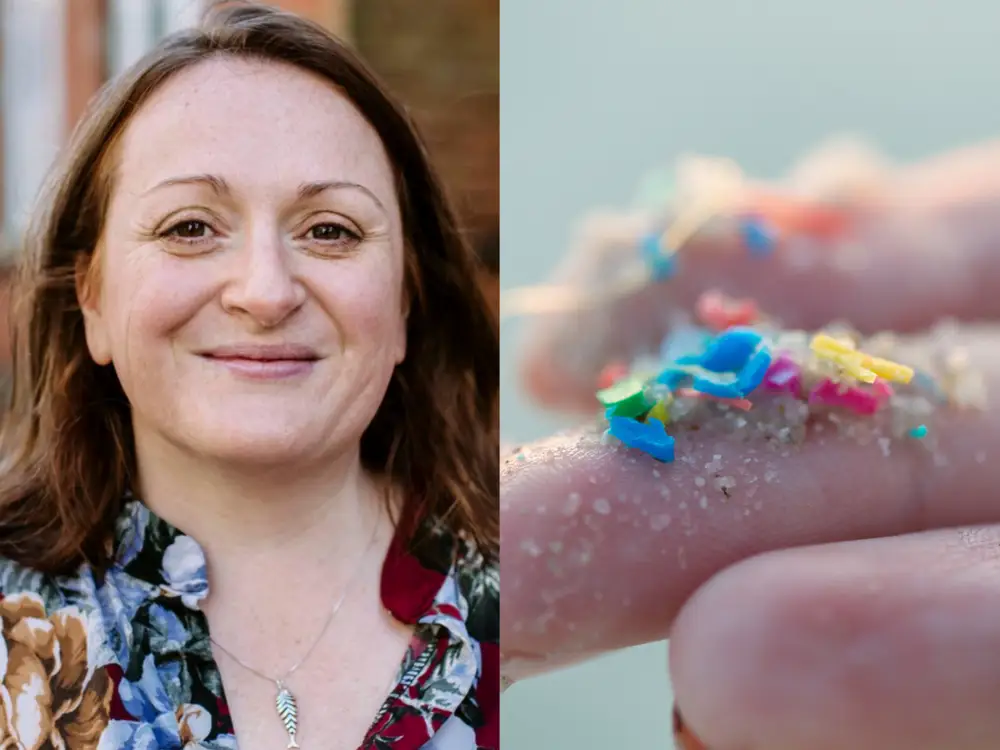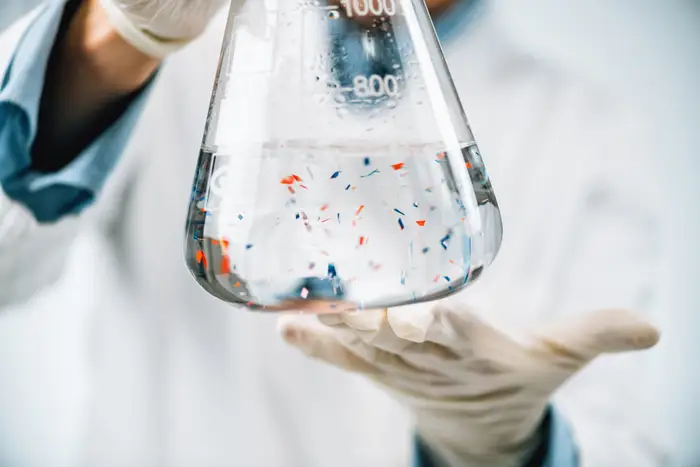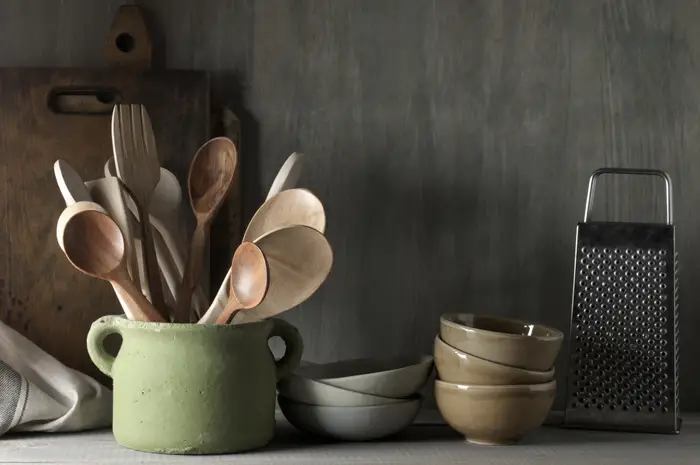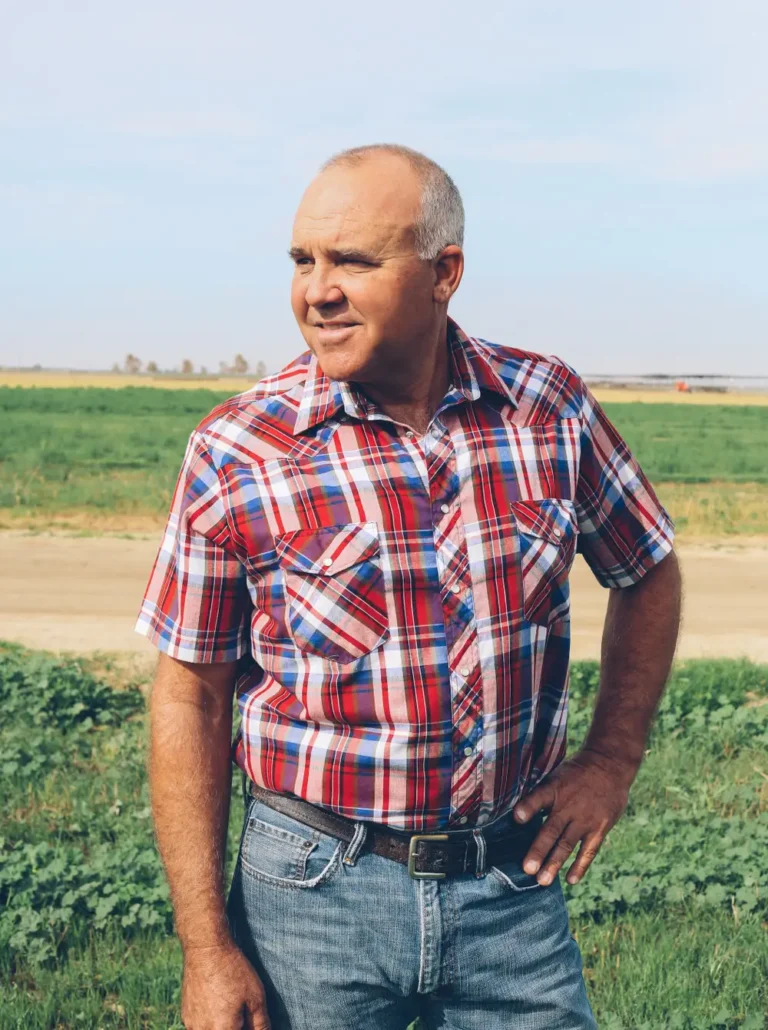An expert in how microplastics affect our health does 6 things to avoid them at home

Fay Couceiro shared how she reduces her family’s exposure to microplastics.
An expert on how microplastics affect our health shared how she reduces her exposure at home.
Professor Fay Couceiro leads a team at Portsmouth University, UK, that researches the potential health impacts of these fragments of plastic measuring less than five millimeters long. She told B-17 that the study of microplastics initially started in marine biology.
Not only do microplastics harm marine ecosystems, they damage associated economies. An estimated $500 to $2,500 billion is lost annually because of how marine microplastics impact industries including fishing and recreation, according to a 2019 study by researchers at the Plymouth Marine Laboratory.
Once scientists found microplastics in all parts of the marine ecosystem, they discovered them everywhere else they thought to look, too, Couceiro said.

Microplastics have been found in the human body.
Research suggests that microplastics could contribute to the development or worsening of health issues such as asthma, Couceiro said. A study released earlier this year, meanwhile, suggested microplastics increase the risks of stroke and heart attacks. That’s concerning, considering that microplastics have been found in human blood, brains, and testicles.
Although experts don’t yet fully understand how microplastics affect our health, Couceiro said that “it would be sensible to try to limit the number we expose ourselves to while we determine what the problems are.”
Couceiro added that while legislation and wider systemic changes are needed to meaningfully reduce the number of microplastics we come into contact with, there are things we can do to reduce exposure at home.
Don’t microwave food in a plastic container
Couceiro tries to remove food from plastic packaging before microwaving it whenever she can. But she doesn’t stress if this isn’t possible when she eats out.

One way to reduce the number of microplastics you’re exposed to is to stop microwaving food in plastic containers.
Heating plastic means it breaks down more easily and can release microplastics into food, a 2023 study published in Environmental Science & Technology found.
Don’t buy plastic clothes and carpets
Couceiro recommends people buy clothes and carpets that aren’t made from plastic.
“You don’t have to go and replace all your clothes and carpets — especially not at the moment when things are so tight,” she said. “But if something is starting to wear out, and you’re thinking about buying a new one, look at what non-plastic alternatives are out there that you can afford.”
She still has a few pieces of polyester clothing, which she plans to replace non-plastic items when the time comes.
Vacuum regularly
“The more you vacuum, the less plastic will be in the air from your carpet,” Couceiro said.
If you don’t have much carpet in your home, don’t worry about this one too much, she said.
Avoid plastic cookware

Swapping plastic kitchen utensils for wooden and metal ones can be a good way to reduce exposure to microplastics, Couceiro said.
“When you see things like plastic spatulas melting and bubbling, there’s little pieces of plastic coming off them,” she said.
Where possible, Couceiro cooks with metal or wood cookware instead of plastic, and avoids buying plastic utensils.
Avoid really fluffy materials
This can be tough with kids, so Couceiro just limits fluffy materials in her home rather than banning them.
But she’s wary of them because they are more likely to be made of plastic fibers that shed easily.
Ventilate your home
Couceiro likes to have fresh air in the house, and recommends ventilating your living space by opening windows to reduce the number of microplastics in the air.
But, she said, you have to make sure that you won’t be undoing the benefits by allowing pollution into your home, which is more likely if you live near busy roads or in a city center.
Alternatively, air purifiers can help improve air quality if left running for long periods, she said.






